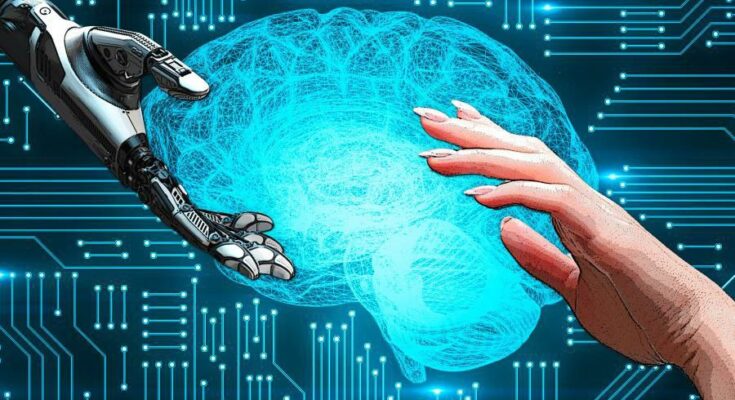“In my day, you really studied,” say some of my friends and family who went to college in the 1990s. Their main arguments to reinforce this idea derive from the growing use of technology in education, particularly in higher education focusing on the AI.
Certainly, the new information and communication technologies (ICT) have become the protagonists of the teaching and learning process in universities around the world. Cuba does not escape from this phenomenon, because despite the difficulties to access certain programs and applications, the so new artificial intelligence has also made inroads in many of our educational centers.
In this sense, one tool in particular has gained popularity in recent years: gpt chat. This is a model of artificial intelligence, AI, that receives and generates texts through online conversations, including those of an academic nature.
It is a great advantage for students to have a user-friendly virtual assistant that can collect information from the Internet by itself and present it in a summarized form. A question then arises: in the face of so much convenience, can there be any danger? The answer is yes.
Remember that the data circulating in the network of networks are not necessarily true, so not all the information offered by chatgpt, or any other tool of artificial intelligence, has a secure scientific support. Copyright violations and plagiarism also come to the fore in this context. However, the main obstacle for students can be summed up in just two words: not learning.
The digitization of processes that were once performed manually, although it optimizes time, deprives the user of direct contact with information, that is to say, of the careful reading that must be done in order to discriminate content. This reading is essential to fix knowledge and acquire writing and synthesis skills. When an electronic device does all the work, the human brain stops exercising.
Perhaps for that reason, many of those who were college students before the rise of artificial intelligence argue that “now is not really studying”. But the problem lies in the attitude of the student and not in his tools, for scientific knowledge is not more or less effective to be obtained through a screen.
The solution will never be to condemn technological advances, but to encourage a conscious and strategic use of these, which facilitates the routine of study, but preserves its essence. Learning, analyzing, being critical, these are tasks that should not be left to algorithms, but to the human being.
The professionals of tomorrow are trained at university, and the quality of their future performance will depend to a large extent on the study habits they acquire during their student years. In order not to lose the essence of university education, human thought must be prioritized over “algorithmic wisdom”; let the artificial not replace our own intelligence.
Written by Journalism student Yadila Mesa Chacón




